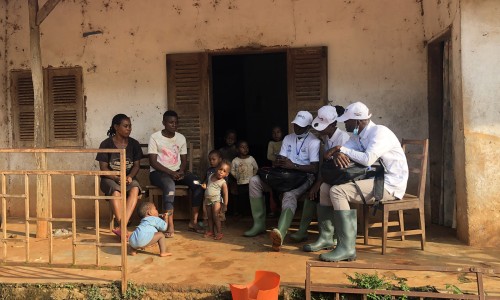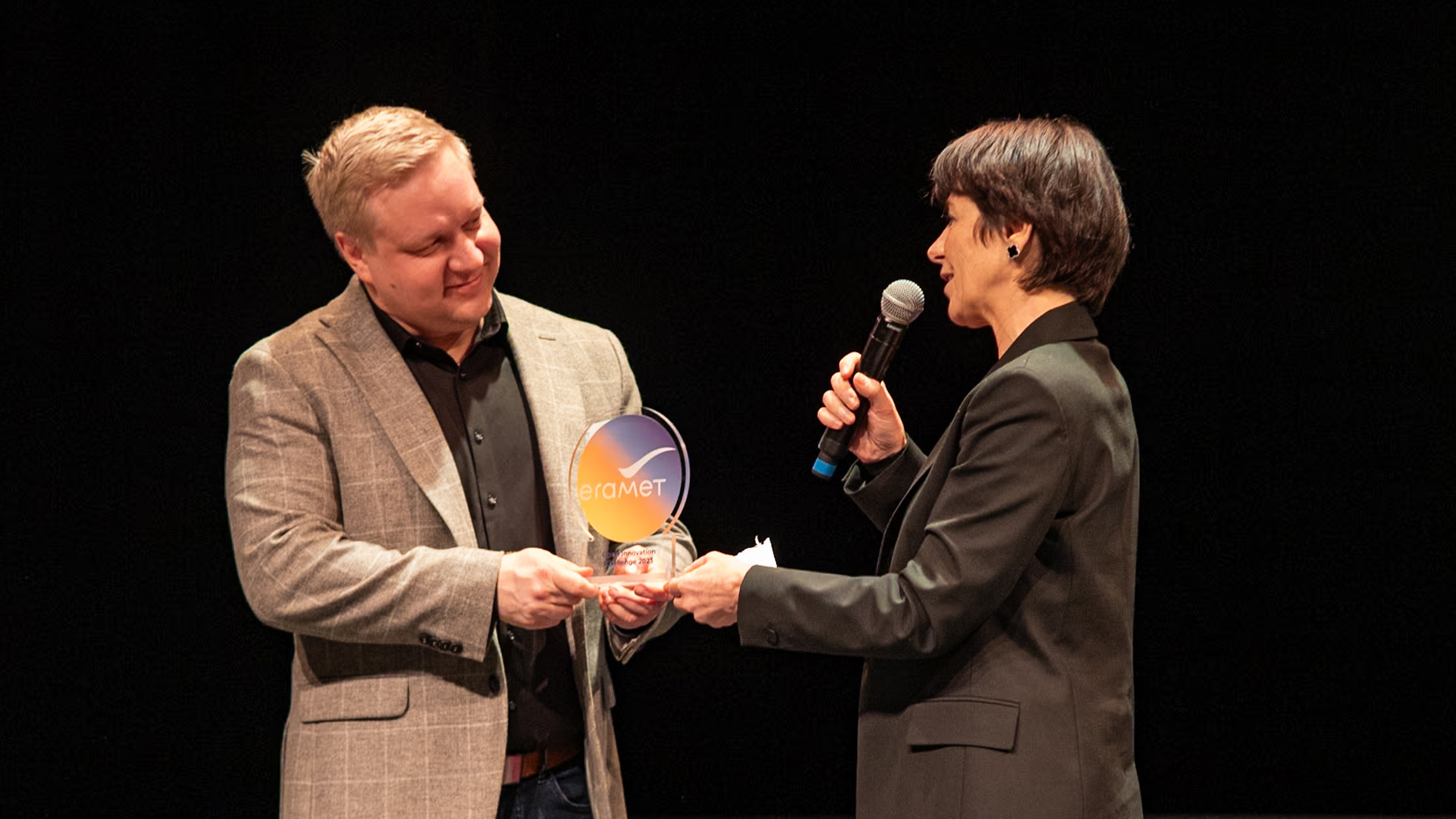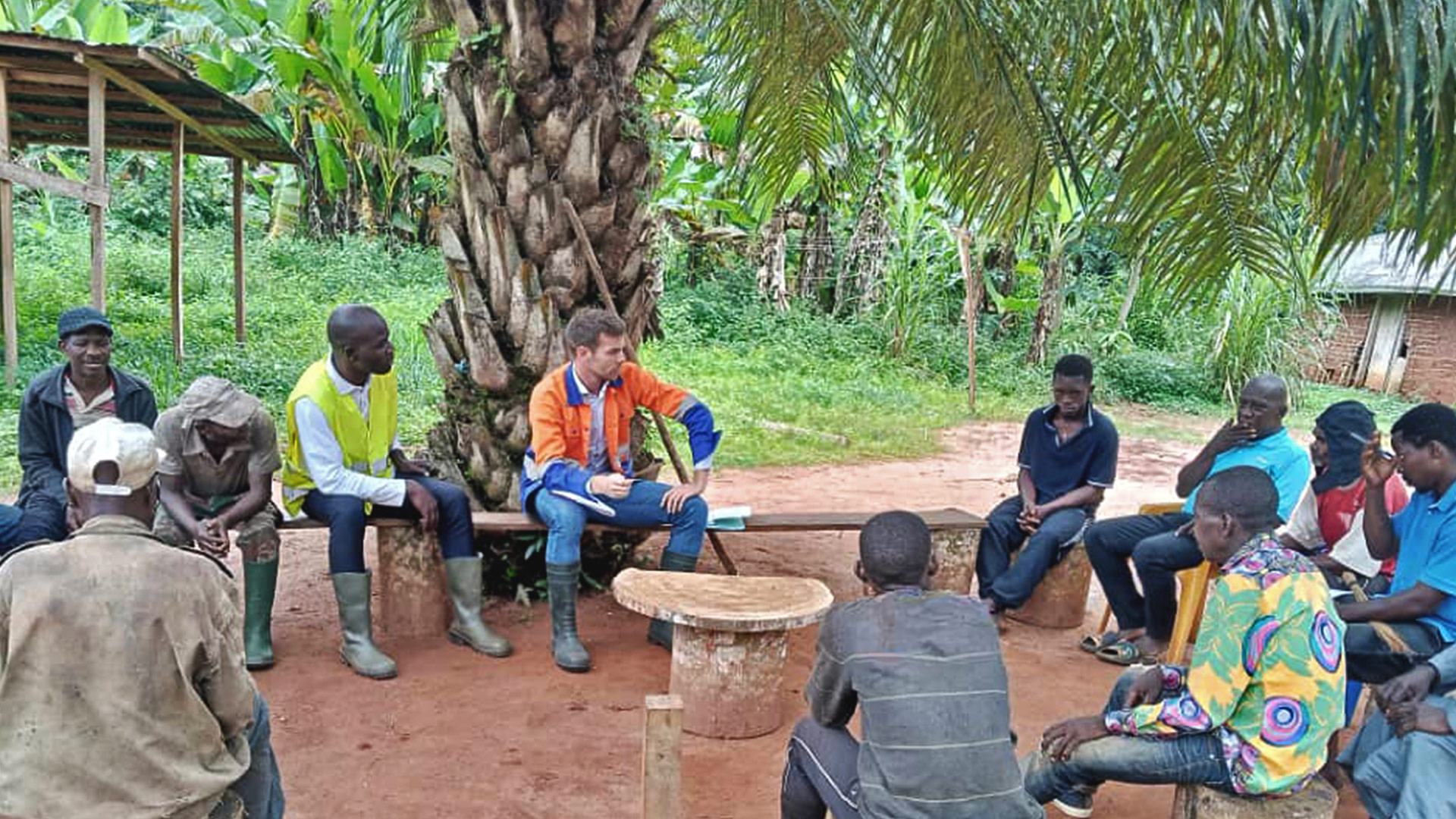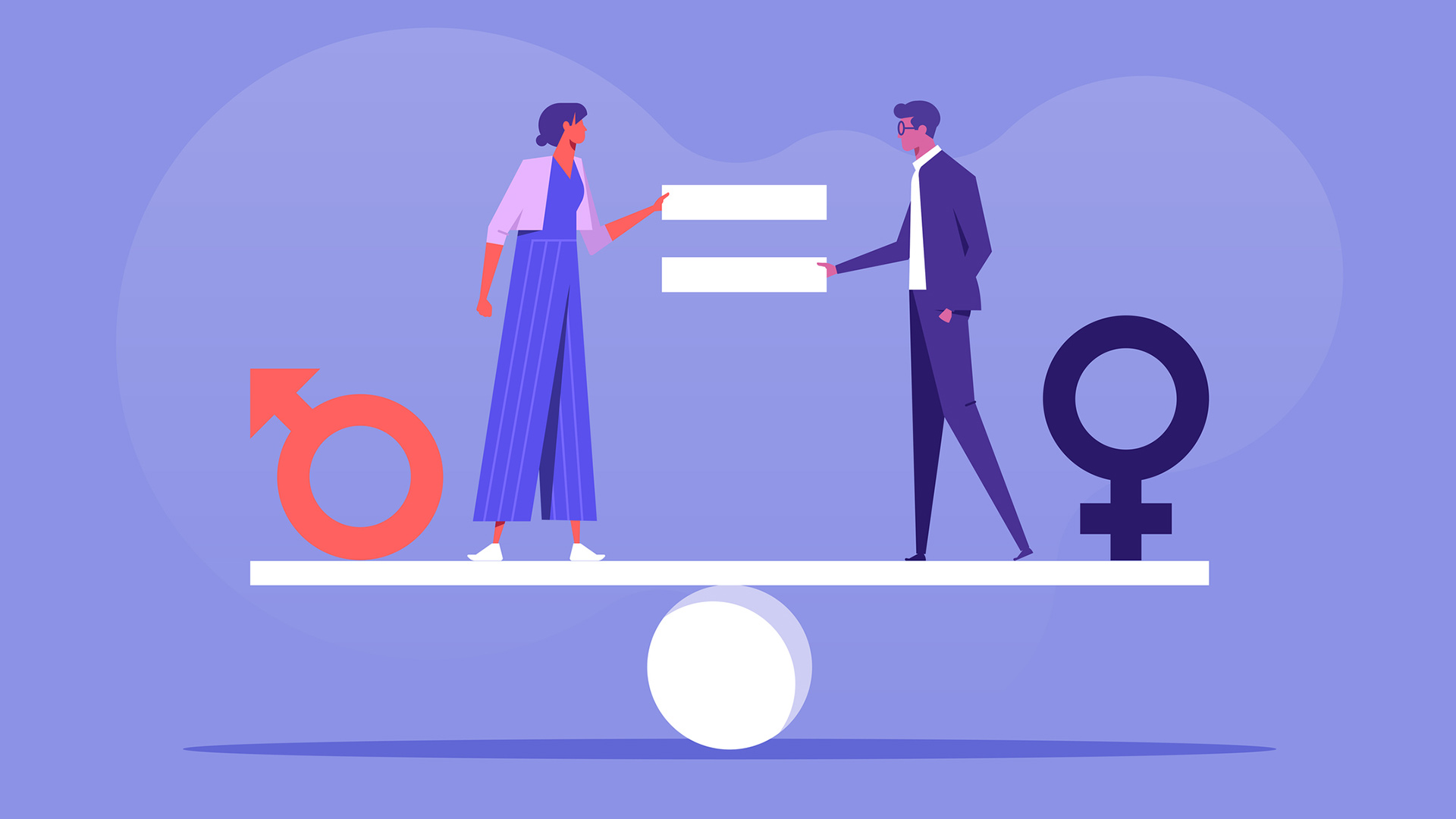For four months, our Exploration Unit conducted a large-scale community survey in the Akonolinga region of Cameroon. The aim: to learn more about local communities in order to help target future CSR activities.
Identifying areas with strong mining potential, obtaining permits, drilling and testing samples: these are the most common tasks carried out by the Exploration Unit, the ones that most readily spring to mind. But they are not the only ones: “As the first people on the ground in a new country, geologists are also the Group’s CSR ambassadors,” says Christophe Thillier, Exploration and New Projects Manager. And because the Group takes CSR into account from the outset of its projects, the Exploration Unit has a crucial role to play.
In order to receive permission to develop its rutile mining project in the Akonolinga region of Cameroon, Eramet is conducting an environmental and social impact study. As part of this survey, an initial (baseline) social survey was required. The Exploration Unit, which is in charge of this project, called on one of our most trusted partners, the Horus Foundation, to collect societal data in the neighboring communities. “We had already worked together on the Lithium project in Argentina,” explains Christophe Thillier. “Their survey work had been invaluable in terms of implementing CSR initiatives in Centenario, in particular the creation of the Quinoa project, which was a response to the problem of malnutrition highlighted by the Foundation’s survey.”
The Horus Foundation’s motto: “Making the invisible visible”—this localized and customized study enables us to map the specific social features of the region in which the project is being developed; and to free ourselves from national statistics, which we regard as overly general, and which rarely take into account the problems of the remote rural areas in which mining projects like this one are undertaken.
In Akonolinga, members of the Foundation were accompanied and supervised by Brice Mbarga, a community manager, and Gwladys Evanno, an exploration geologist. Before beginning the survey, the project team developed its questionnaire in collaboration with members of seven different Cameroonian government ministries (Social Affairs, Youth and Civic Education, Decentralization and Local Development, Promotion of Women and the Family, Health, Water and Energy, Basic Education). The aim: to identify the main areas of social vulnerability requiring attention and action. “Our goal is to work hand in hand with the authorities. We also had access to their own government programs, to see how we could combine our efforts with theirs,” says Brice Mbarga.
In November 2021, the survey process was launched. Twenty-four students trained by Horus went door-to-door in six villages in the area affected by the project. “It was a highly personalized approach, which allowed us to get to know the communities we deal with on a daily basis in the course of our exploration work, and to identify both their vulnerabilities and their strengths,” says Brice Mbarga. “We photographed the relevant documents (ID documents, school diplomas); we measured the growth curve of children; we ascertained how far away the nearest water source was, etc.” This was both a personalized and a “4.0” approach to conducting a survey: all the information collected in the field was stored on a smartphone or tablet, geo-referenced and sent immediately via the cloud to a platform that processed it immediately to create a map.
The survey, which was completed in March 2022, surveyed 2,594 people, i.e. 451 households across six villages. The main issues that came to light were as follows:
- The lack of access to ID documentation: more than 30% of children do not have a birth certificate and are thus unable to enroll in school, take exams or find a job. In the area studied, the illiteracy rate is 13%.
- Early motherhood: in the area studied, 16% of pregnant women are minors; the average age of girls having their first child is 17; and 73.5% of women have never received information on family planning.
- Access to safe drinking water: Of the 108 water sources in the area surveyed (wells, springs, rivers), the vast majority are not properly equipped or are out of service. Moreover, 88% of people consume untreated water. Eramet has already been active on this front: in September 2021, a water borehole was rehabilitated by the Group in the Adom-Yembama community, near the village school. Two springs are also being developed.
The data collected will enable the Group to formulate a community action plan, in conjunction with local and national authorities, to improve the living conditions of the residents. “The communities in Akonolinga expressed a lot of enthusiasm at the outcome of the survey. It was the first time they had ever participated in such an exercise. They are satisfied that their needs have been identified and that they have been listened to, and they are open to other surveys in the future,” says Christophe Thillier. These data also allow us to put in place indicators that will be monitored throughout the life of the project and will make it possible to measure its impact on the surrounding communities.
Once the results of the survey have been shared—both internally and with the Cameroonian authorities—in May 2022, the impact study will be presented at the end of the month. It will be validated by a committee made up of representatives from the ministries that were involved at the outset, with a view to obtaining an operating permit next October.





